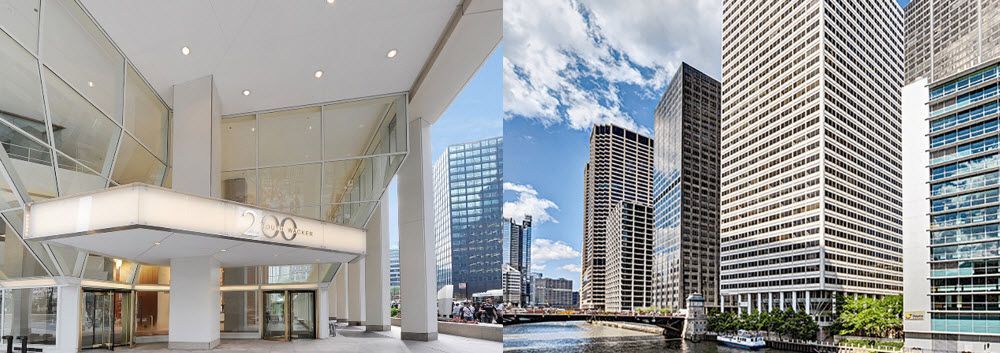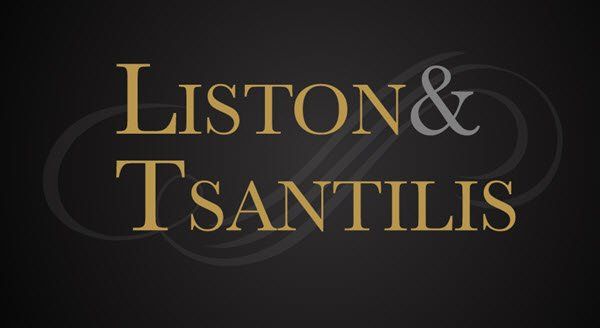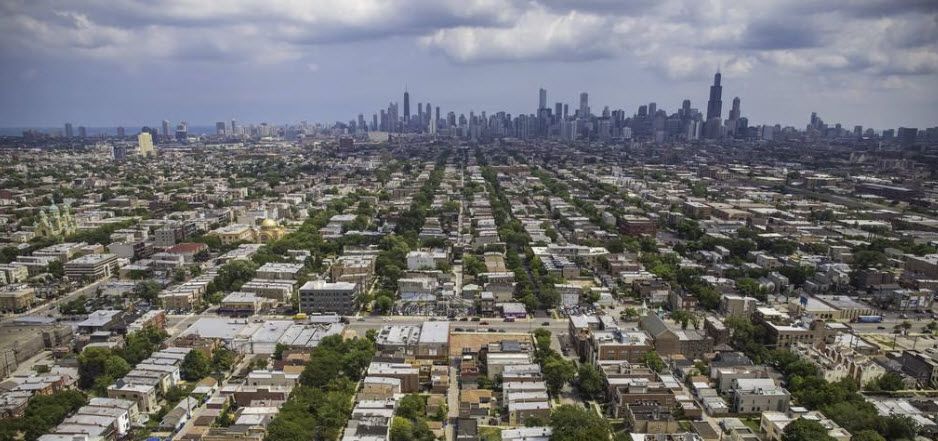Round 3 Against The Proposed Incentive Amendments
Today both Peter Tsantilis and Brian Liston again testified against the proposed Cook County prevailing wage amendment to the Cook County Commissioners. The Cook County Finance Committee Commissioners debated the controversial Prevailing Wage Amendment to the Property Tax Incentive Program. On a surprising 12 – 4 vote, Commissioners approved the … Continued The post Round 3 Against The Proposed Incentive Amendments appeared first on Liston Tsantilis Law.
Today both Peter Tsantilis and Brian Liston again testified against the proposed Cook County prevailing wage amendment to the Cook County Commissioners. The Cook County Finance Committee Commissioners debated the controversial Prevailing Wage Amendment to the Property Tax Incentive Program. On a surprising 12 – 4 vote, Commissioners approved the amendment, but deferred its adoption until September 1, 2018, to give both sides an opportunity to work out a compromise.
Observers speculate the move was likely driven more by politics than policy. The affirmative vote earns Commissioners running in contested races favor with Organized Labor who has reportedly been applying immense pressure on them to support its workers. Alternatively, the deferment and potential for a compromise give Commissioners some “cover” with voters in advance of next week’s election.
The questions remain whether Commissioners will participate in a good-faith dialogue with suburban mayors and managers, economic development groups, real estate professionals and investors and employers who came out in overwhelming numbers to oppose the legislation. A review of the public comments registered through the County’s website revealed that opposition outnumbered support by a margin of nearly 40 to 1. Another 62 signed up this morning to address the Committee in protest compared to just five who testified in favor. In all, nearly 3,000 residents, elected officials, professional organizations and other interested parties opposed the changes, making this one of the most contested issues in Cook County in recent memory. Despite near-record opposition, Commissioners moved forward anyway, raising questions by some just who the Cook County Board truly represents – taxpayers or special interest.









